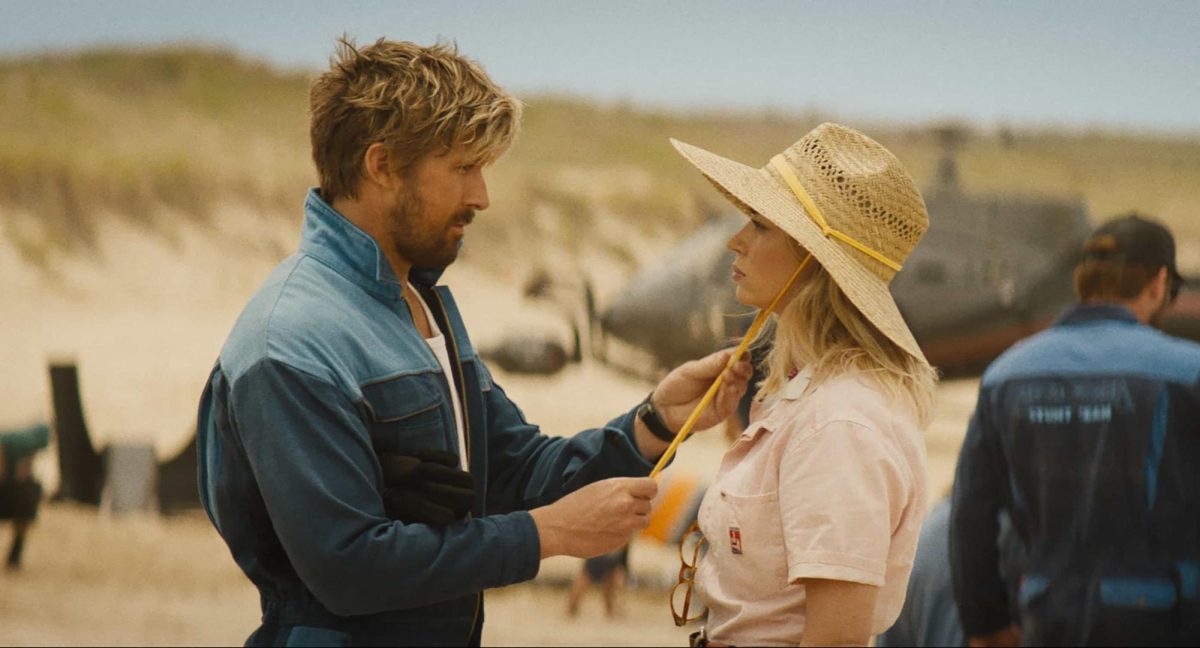
By Shandana Mufti
News Correspondent
Some of today’s popular bands like Vampire Weekend and MGMT were formed while band members were in college. They were, however, far different from the average student – not only did they have to juggle school and homework while squeezing in precious hours of sleep and trying to maintain a social life, they were also hard at work writing and playing music with their bands. Northeastern musicians are no different.
Having a major related to the music industry is extremely helpful, according to members from all three bands. Actor|Observer vocalist and guitarist Greg Marquis, a middler music industry major currently on an experiential co-op with his band, said his major and his band complement each other perfectly.
“My major gives me valuable perspective on the way I manage my band and firsthand experiences help me bring something back to my class,” Marquis said. “Being taught is one thing, experiencing it is another.”
While Jet Black Sunrise vocalist and guitarist Nick Fede is a senior biology major, his bandmates’ majors are more relevant to musical aspirations. One is a Berklee College of Music graduate, while another is a Northeastern music technology major.
Sand Reckoner vocalist and drummer Ben Hughes is a middler mathematics major, but his band’s vocalist and guitarist Matt Rhodes is a music industry major currently on co-op at Vector Management in New York City. Hughes said he realizes the importance of networking within the music industry.
“Matt gets a lot of advice from people, but it’s more important to meet people and to make a name for our band by talking to others in the industry, like musicians and producers,” Hughes said.
The most common issue among the three musicians is time management. When conflicts arise between mounting piles of schoolwork and the need to practice or write songs, Fede said sleep is the first thing to go. He said being in a band has helped him become an expert at balancing his schedule — he has learned to make time to complete schoolwork while saving four to five hours for practice each week, in addition to making time to write music.
“Life is scheduling,” Fede said. “As long as you can keep everything organized and in moderation and not over-emphasize one thing, you’re gonna do okay.”
When circumstances arise that force Marquis to decide whether to play a concert the night before an important test or exam, he said it would not necessarily have to be a question of choosing one over the other.
“Obviously we want to take any opportunity we get because we want to get ourselves out there, but if it’s a really important test, we might have to consider whether the show is worth it,” Marquis said.
Fede takes a different approach. He said that he would study in advance and abstain from drinking after the show. Hughes, however, said that his band would take any show despite school commitments.
“We manage with little sleep and late night practices,” Hughes said. “We all want to make this band our career, whatever it takes, so we will put it before school as often as we have to.”
The cost of attending college is a prohibitive factor for all three bands.
“You’re paying 50,000 dollars a year for college,” Fede said. “Don’t just focus on being in a band. Paying to be in a band is ridiculous, you can do it for free.”
Marquis said student musicians also face the problem of paying for equipment, practice space, recording time and merchandise. He said it’s hard to find a job that gives the flexibility needed by a musician, as he said he’s willing to do anything that might help fund his music.
“The hardest part is paying for things, since our music isn’t our main source of income,” Marquis said.
Actor|Observer’s guitarist works as a baker between 3 and 11 a.m., while Marquis works three jobs in addition to co-op and his band, all in order to fund the band. Jet Black Sunrise, however, has a plan in place for making money.
“We’ve been around for two and a half years now,” Fede said. “We keep a band fund, and don’t get paid, so the band kind of funds itself. The only thing we pay for individually is our rehearsal space.”
When asked, Marquis, Fede, and Hughes all had advice for aspiring musicians. Marquis said that life as a musician is not quite the romanticized utopia many imagine.
“Being a musician is a blue collar job,” Marquis said. “People want to become musicians so they can quit their [expletive] jobs, but they don’t realize that they need the [expletive] job to be a musician.”
Fede’s advice is more laidback: college may be for learning, but remember to have fun.
“Be in a band if it’s something you really want,” Fede said. “It doesn’t have to be a serious thing. If you get to a point where you want to take it seriously, that’s a whole other thing.”
Hughes suggests that aspiring student musicians evaluate how serious they are about music and being in a band, and divide their time based on the level of interest.
“You have to evaluate how badly you want to play,” Hughes said. “If you’re serious about it, you have to learn to stay up late. Treat band practice like homework that doesn’t suck.”











